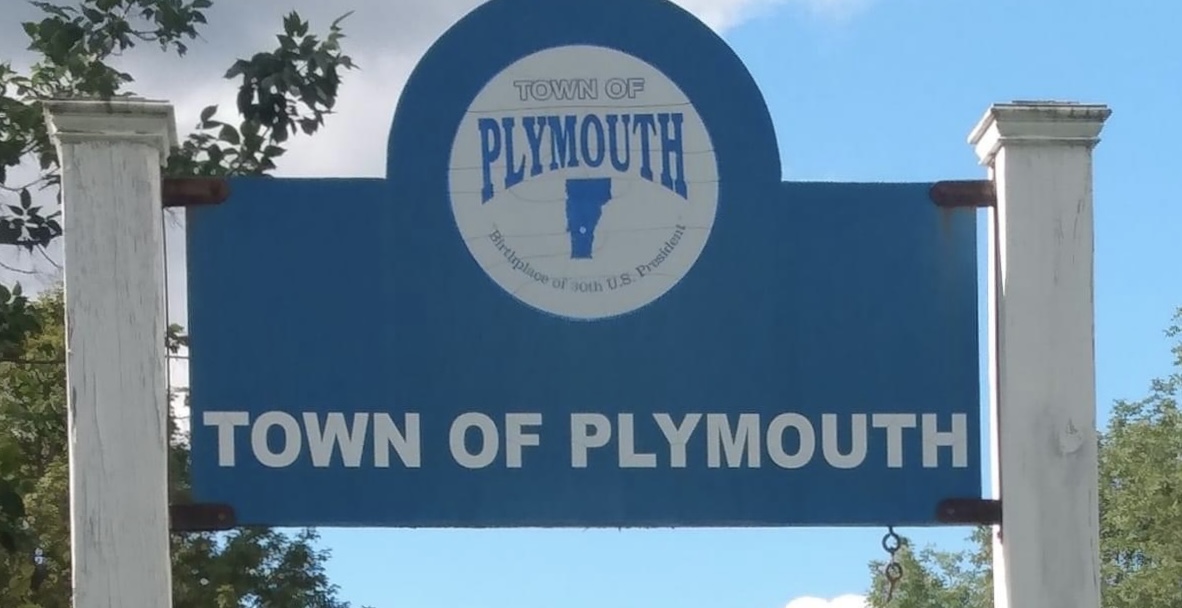PLYMOUTH, Vt. – The Plymouth Selectboard reviewed their bidding policy for purchasing goods and services, and also discussed getting a number of noncompliant short-term rental (STR) units registered at their June 3 meeting.
The bidding policy is in place for goods and services that total more than $20,000, as currently outlined in the policy. This means anything over that amount, the town would be required to put the item, project, or service out to bid with a warning, hearing, and a number of steps, in order to move forward with what needs to be purchased.
Board Chair Jay Kullman expressed that he didn’t think that requests for proposals always get you the best price. Alternatively, if the town needed to get something done quickly, putting it out to bid would take more time than finding a local contractor to come fix the issue, for example, noting that a general contractor tends to have more line items that may even get more expensive than a local contractor. Kullman felt it’s not always the best use of taxpayer’s money.

Board member Keith Cappellini voiced that he thought the number should be reduced to $10,000 in order to be required to put something out to bid, or to have two people sign off on the expense. He noted at a time of inflation, it’s better to scrutinize how they are spending money. “Shop around…buy a different brand…go to New Hampshire to buy something,” he suggested.
Bruce Pauley, zoning board of adjustment member, added that a planned maintenance could more easily be put out to bid, as there is time to do so. If a piece of equipment were to break down, he thought that process may not be the best option in order to efficiently get it back up and running.
The overall consensus of the board and those in attendance was to change the whole policy.
STR assistant Michelle Pingree notified the board that a handful of property owners have not registered their STR units. The board said they are out-of-town owners who have not been easy to reach upon multiple attempts to get them in compliance.
Kullman explained the board will now follow the STR ordinance and register each rental with the court system. He felt it is important to have one person or custodian be in contact with the court and oversee the process for each rental. Kullman moved to appoint town clerk Angela Kissell to facilitate. STR administrator Frank Vetere would be the individual who would issue the ticket to each rental unit and be in contact with Kissell.
The board agreed that they need to get the attention of those who have been ignoring the ordinance, requesting the owners register their units by a certain date or the appropriate fines would commence. “We haven’t been heavy handed,” Kullman noted.
Kullman said they have the capacity to fine $100 per day per rental, until they are in compliance. Kullman added, “If you’re a nonresident, I’d like to look at increasing those fees.”
The board also heard from Kyle Katz from Two Rivers Ottauquechee Regional Commission, and Jessica Louisos, a water resource engineer from SLR Consulting, on Zoom. They discussed the Resilience Initiative for Vermont Empowerment and Recovery (RIVER) project, which is in response to the towns most impacted by the flooding, including Plymouth, Bridgewater, and Woodstock. There are funds and engineering support to complete projects that reduce flood risks. Projects could include buyouts of properties in flood zones, bridge replacements, floodplain mitigations to give water more space to spread out, and dam removals where a dam may be failing. Two Rivers will stay in touch with the town when the public outreach takes place. More information on the project can be found at www.riverprojectsvt.org.
The board approved the contract with the Windsor County Sheriff’s Department for a $68,000 annual salary, which provides the same 24/7 emergency services, terms, and conditions as the town previously had. Treasurer Elaine Pauley discussed the town’s fraud protection services with M&T Bank. The town opted for the most protection they could get, “because it’s not our money, it’s the town’s money.”
Act 82 abatement of education property taxes was discussed. The board explained this is an abatement board decision, not a selectboard decision. Property owners must meet one or more of the criteria listed on the application, including 50% loss of value due to the flood and recent change of use of property. The deadline to apply has been extended from April to November.
Kaminski said he’d had someone approach him asking how the town might get a recreation department started. The board is now looking to see if anyone is interested in becoming a volunteer recreation director, as there are not funds in the budget at this time for a paid position. Kaminski noted, “There are grants out there for trail work and recreation facilities.”
Kullman announced grants that the town received from the Vermont Flood Response and Recovery Fund of the Vermont Community Foundation. $3,000 was granted to help towards a free Strawberry Festival, and to promote and recognize emergency services. $11,985 was for portable radio equipment and a storage container for improved emergency response. $21,544 is to purchase an ATV for improved and expedited access to remote locations during disaster.
The next selectboard meeting will be held Monday, June 17, at 6 p.m.